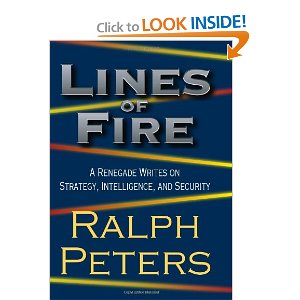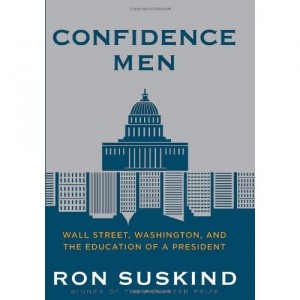
Sheldon S. Wolin
Editorial Review:
Of the many books I've read or skimmed in the past seven years that attempted to get inside the social and political debacles of the present, none has had the chilling clarity and historical discernment of Sheldon S. Wolin's Democracy Incorporated. Building on his fifty years as a political theorist and proponent of radical democracy, Wolin here extends his concern with the extinguishing of the political and its replacement by fraudulent simulations of democratic process. — Jonathan Crary, Artforum
4.0 out of 5 stars Managed Democracy, Superpower, and alas, even, “Inverted Totalitarianism”, June 17, 2008
ByJohn P. Jones III (Albuquerque, NM, USA) – See all my reviews (VINE VOICE) (TOP 500 REVIEWER) (REAL NAME)
This is a seminal work which “tells it like it is” concerning the current power arrangements in the American political system, as well as the political leadership's aspirations towards global empire. Prof. Wolin sets the tone of his work on page 1, with the juxtaposition of the imagery of Adolph Hitler landing in a small plane at the 1934 rally at Nuremberg, as shown in Leni Reifenstahl's “Triumph of the Will,” and George Bush landing on the aircraft carrier “Abraham Lincoln” in 2003. Certainly one of the dominant themes of the book is comparing the operating power structure in the United States with various totalitarian regimes of the past: Stalinist Russia, Nazi Germany and Fascist Italy. Prof Wolin emphasizes the differences between these totalitarian powers, and the softer concentration of power in the United States, which he dubs “inverted totalitarianism.”








